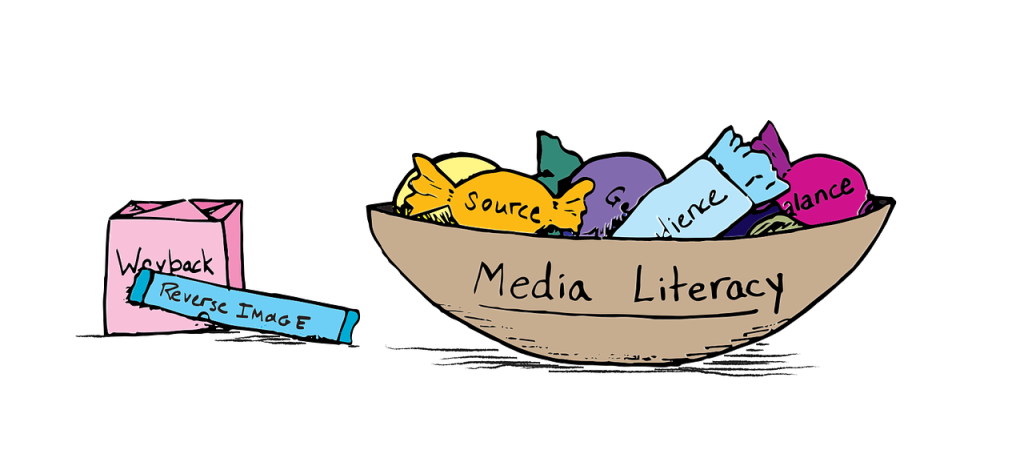
The ability to access, analyze, evaluate, and create media is referred to as media literacy. It is an essential skill in today’s world, as media plays a significant role in shaping public opinion and influencing our daily lives.
In order to be media literate, one must be able to understand how media is created, as well as its intended and unintended effects. This includes being able to identify the sources and sponsors of media, as well as any biases that may be present. It also involves the ability to analyze media messages and recognize how they are constructed, as well as how they may be trying to influence the viewer.
In addition to being able to analyze media, media literacy also involves the ability to create media. This includes understanding how to use various mediums, such as video, audio, and text, to effectively communicate ideas and messages. It also involves understanding the ethical considerations involved in creating media, such as copyright laws and the use of images and information from other sources.
One of the key benefits of media literacy is the ability to critically evaluate the information we consume. With the vast amount of information available online, it is easy to become overwhelmed and to blindly accept whatever we come across as true.
However, being media literate allows us to carefully consider the credibility of sources and to recognize when we are being influenced by propaganda or biased perspectives.
In conclusion, media literacy is a vital skill in today’s world. It allows us to understand and analyze media messages, as well as create our own media in an ethical and responsible manner. By being media literate, we are better equipped to make informed decisions and to be active, engaged citizens.